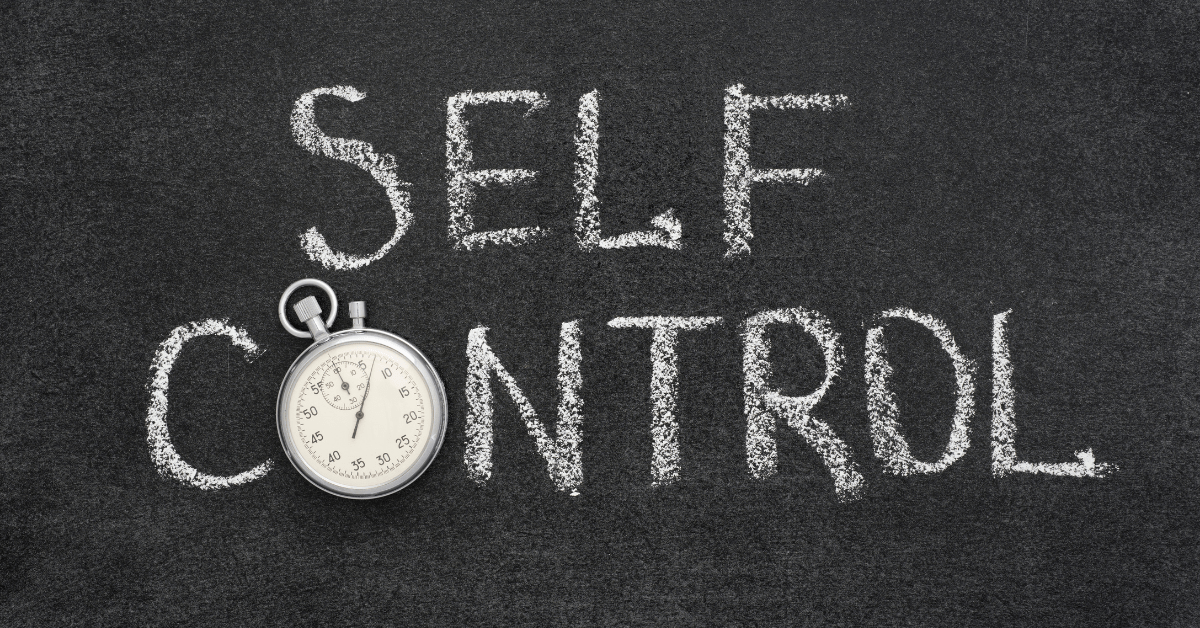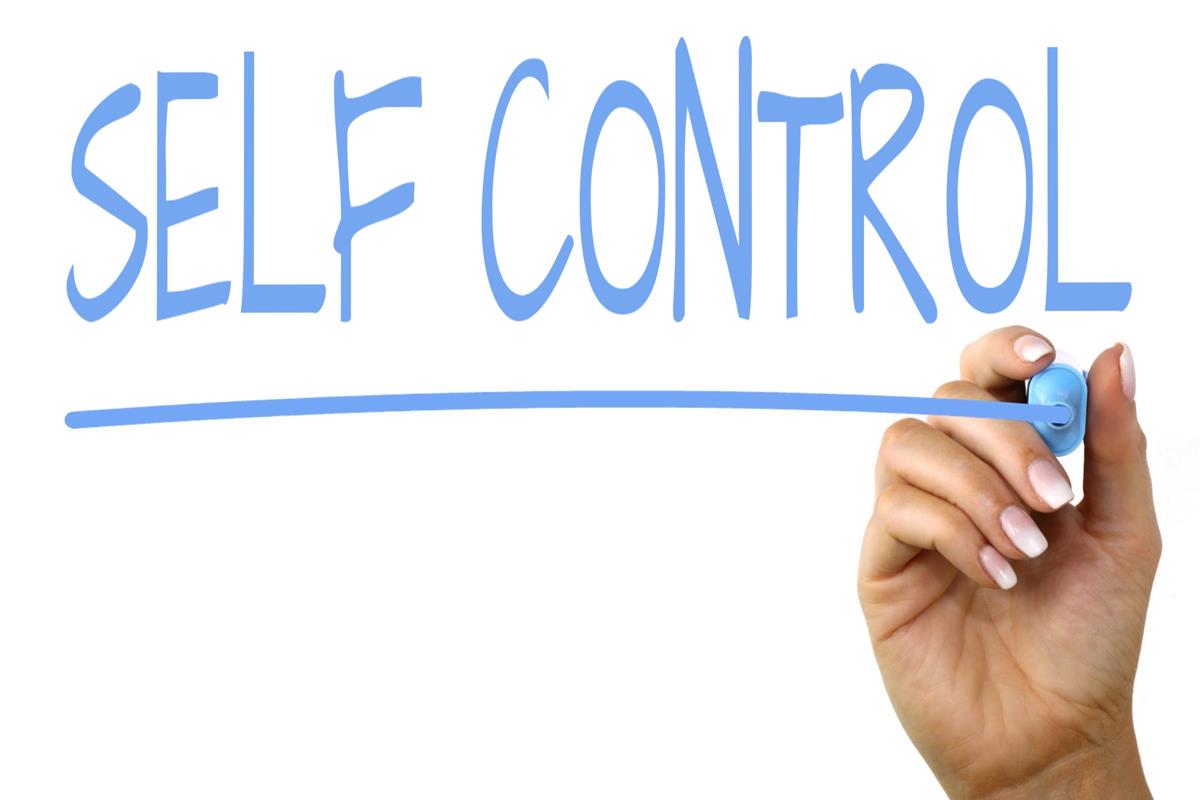How to self control to face any situation in our life
Self-control is a fundamental skill that empowers us to navigate life's challenges with composure and make wise decisions in the face of temptation, frustration, or adversity. Whether it's resisting a tempting indulgence, managing our emotions in a heated argument, or staying focused on our long-term goals, self-control is a crucial asset. In this guide, we will explore the principles and techniques to develop and strengthen self-control. From understanding the triggers that challenge our restraint to learning strategies for making better choices, the path to improved self-control offers the promise of personal growth, resilience, and the ability to face life's uncertainties with grace.
1. Awareness: The first step in self-control is awareness. Recognize situations or triggers that typically challenge your self-control. It could be resisting unhealthy food, managing your temper, or curbing impulsive spending.
2. Set Clear Goals: Clearly define your goals and priorities. Knowing what you want to achieve helps you stay focused and make decisions that align with your objectives.
3. Practice Mindfulness: Mindfulness techniques, like meditation and deep breathing, can help you stay calm and centered in challenging situations, allowing you to make more rational choices.
4. Delay Gratification: Train yourself to delay immediate rewards for more significant long-term gains. This can help you resist impulsive decisions.
5. Develop Healthy Habits: Establish healthy routines and habits that support self-control. Regular exercise, a balanced diet, and adequate sleep can improve your ability to make better choices.
6. Create a Supportive Environment: Surround yourself with people who encourage and support your self-control efforts. Avoid or minimize exposure to situations or individuals that trigger impulsive behavior.
7. Accountability: Share your goals with a trusted friend or mentor who can help keep you accountable. This external accountability can motivate you to maintain self-control.
8. Cognitive Behavioral Therapy (CBT): Consider CBT, a therapeutic approach that helps you identify and change negative thought patterns and behaviors. It's effective in improving self-control.
9. Positive Self-Talk: Replace negative or impulsive self-talk with positive affirmations. Remind yourself of your goals and why self-control is essential to achieving them.
10. Time Management: Effective time management can reduce stress and allow you to focus on important tasks, reducing the likelihood of impulsive decisions.
11. Learn from Setbacks: If you slip up or make a poor choice, don't be too hard on yourself. Instead, use it as a learning opportunity to improve your self-control in the future.
12. Visualize Success: Create a mental image of yourself successfully exercising self-control in challenging situations. Visualization can boost your confidence and motivation.
13. Seek Professional Help: If self-control issues significantly impact your life, consider seeking help from a therapist or counselor who specializes in behavior and self-control.
14. Practice Gratitude: Cultivate a mindset of gratitude. Reflect on the positive aspects of your life, which can help you make more measured and thoughtful choices.
15. Stay Resilient: Building self-control is a process, and setbacks are part of it. Stay resilient and persistent in your efforts to improve.
As we conclude our exploration of self-control, it's clear that this vital skill is a key to mastering life's challenges and making more considered choices. Self-control empowers us to overcome impulsive decisions, maintain our focus on long-term objectives, and face various situations with resilience and poise. It is a skill that can be developed and refined, offering us the capacity to create a better future for ourselves. Remember that self-control is not a destination but a lifelong journey. It requires practice, self-awareness, and the willingness to learn from our experiences. As you continue to enhance your self-control, you'll find yourself better equipped to navigate life's ups and downs, make wiser decisions, and achieve the goals that matter most to you. In every challenge you encounter, your self-control will serve as a guiding light, helping you to face each situation with the strength and determination to succeed.
Thank you for reading...



Comments
Post a Comment